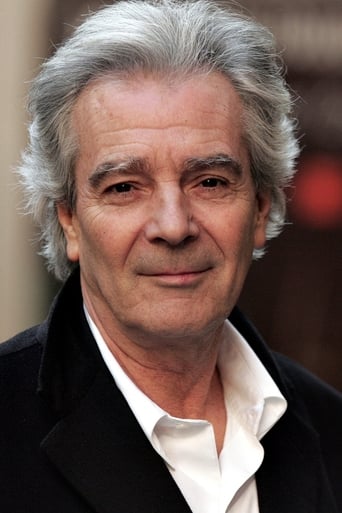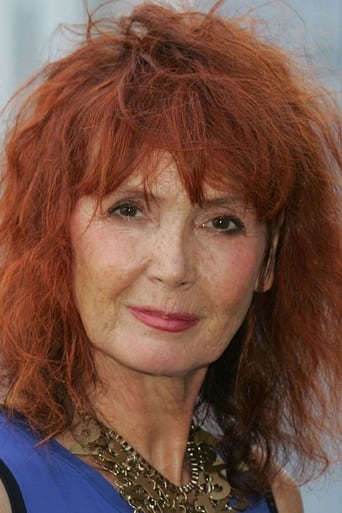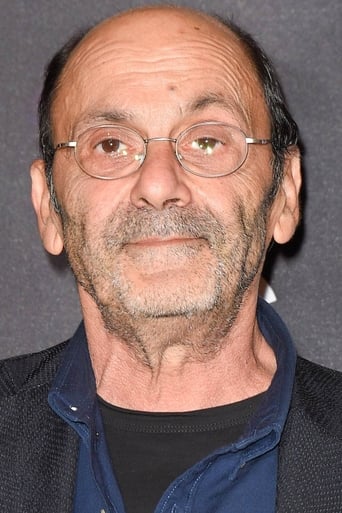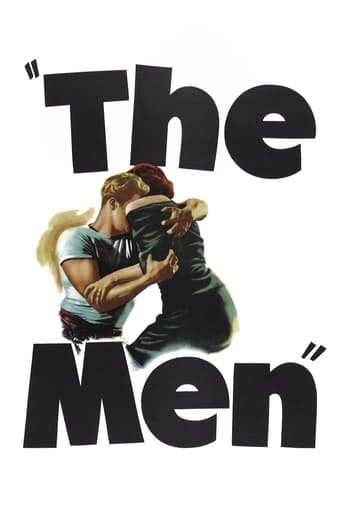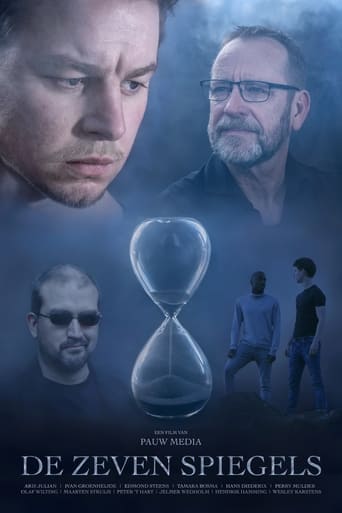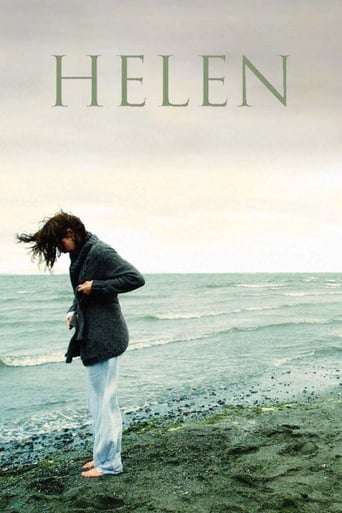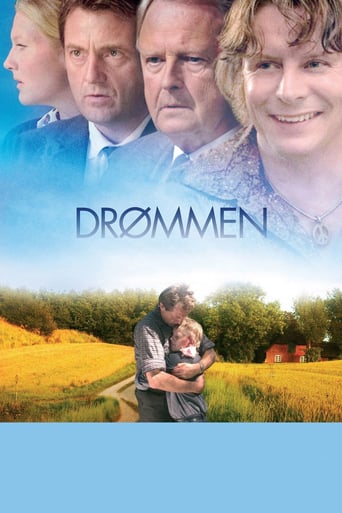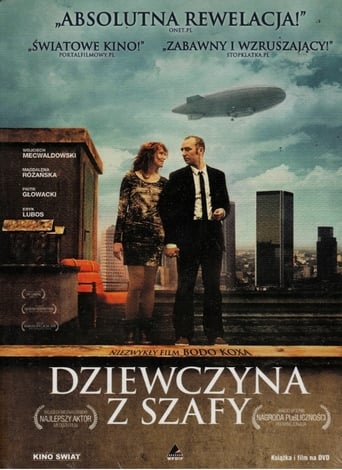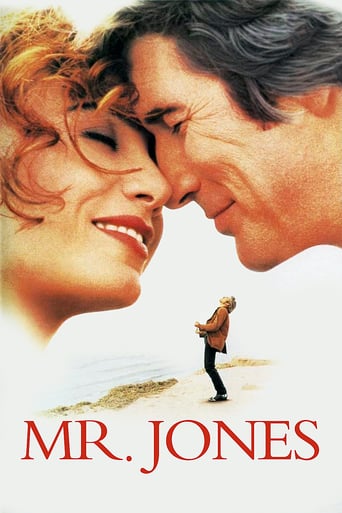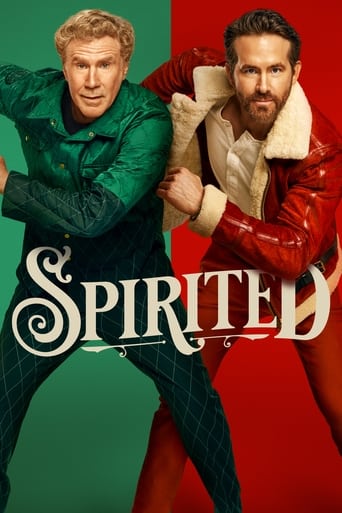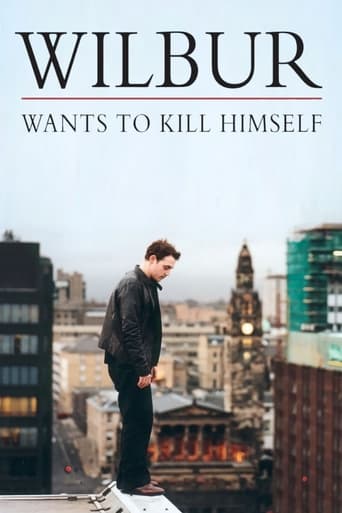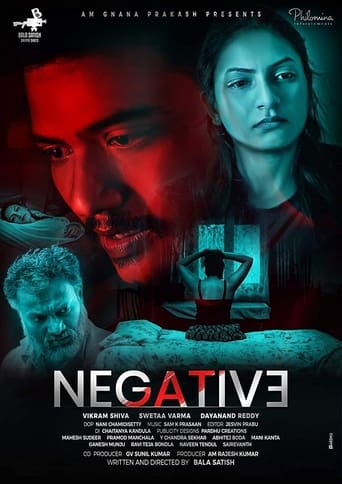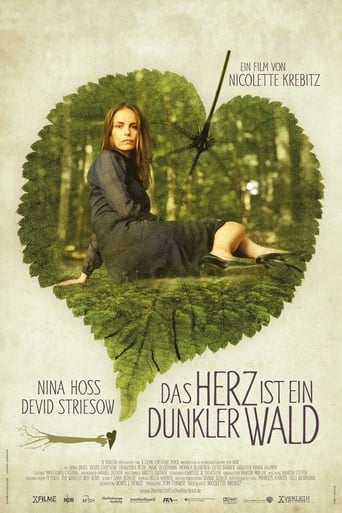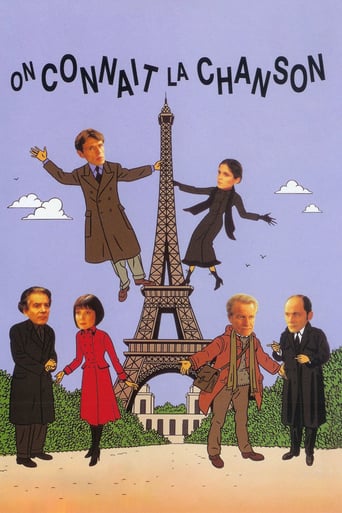
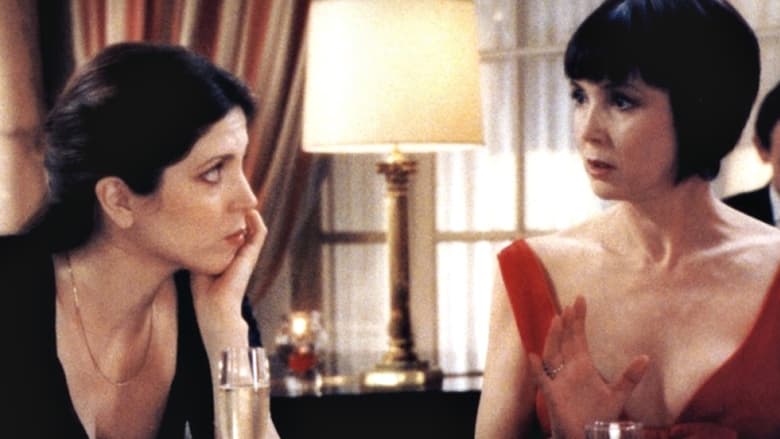
Same Old Song (1997)
Odile is a business executive looking for a new, bigger apartment. Her younger sister Camille has just completed her doctoral thesis in history and is a Paris tour guide. Simon is a regular on Camille's tours because he's attracted to her. Camille has fallen for Marc, and they begin an affair. Nicolas is also looking for an apartment, since he hopes to eventually have his family join him in Paris.
Watch Trailer
Cast


Similar titles
Reviews
So much average
Redundant and unnecessary.
Let's be realistic.
In truth, there is barely enough story here to make a film.
Alain Resnais was at the age of 76 when he made his first musical, and to be honest he might just be the last filmmaker I would've guessed to make a musical - even that music has always played a huge part in his films. Alain Resnais was one of the most essential auteurs of the French new wave in early 1960's, during which he got a reputation as an experimental filmmaker by making Hiroshima mon amour (1959) and Last Year at Marienbad (1961) - who would've thought that a man who made these tragic, ambiguous films was going to make a musical? To my mind, through Same Old Song (1997) Resnais achieved the same Hitchcock did; combining experimentalism and populism - the film was drowned by Cesar awards.In my opinion Same Old Song is the best musical made after the 1960's. Just like western and film-noir so has this genre died. But luckily someone was still able to bring something new to it. Same Old Song is and is not a musical. In the genre wishful thinking, better and dreamed ego, hopes for a better world and existence are combined. From this perspective Same Old Song is a musical but this idyllic joy is destroyed by showing the actual agony and depression that possess the characters. In the film the characters sing in appropriate and inappropriate situations; the music comes from a tape and it doesn't necessarily fit into the mouth of the singer. A young lady can sing throaty and loudly, and a German officer can burst out to a falsetto.In the beginning there is a Resnaisian leap of time: 50 years, from WWII to the lives of the regardless and ignorant bourgeoisie of today. The reality is very elusive, nothing and no one is what they first seem to be: the inappropriate songs. The characters aren't living in harmony with each other nor with themselves, what the idyllic songs seem to reinforce - it's all a lie, fake, window dressing.The characters sing classics by Edith Piaf, Serge Gainsbourg and Charles Trenet - same old songs. "No one in our world can sing songs throughly anymore." (Alain Resnais) So all the songs are association; we only here brief fragments from them and this idea works brilliantly. The songs/ideas remain undone and the characters don't empathize. An old Avantgardist goes deeper into the core of art, not by adding but by erasing and simplifying.Same Old Song could be seen as a parody or a travesty of musicals as the artificial joy wins. But it also has a social dimension; depicting the illusion of bourgeois happiness. The ostensible joy of the same old songs hides the depression, tiredness and panic disorders: "How long does depression last?, - 'Mine has lasted for four years.'" The things of everyday life, falling in love, decent life bury the actual fears of reality. The characters eat a lot and go to cocktail-parties, they don't really know who they are. The postmodern architecture represents the rootlessness of the characters and the vacancy of their lives - Alain Resnais continued from here in his later film Coeurs (2006), which is the best romantic comedy made in decades.An obscure agony characterizes the city the characters live in. The singing society and artificial happiness are like a horror-utopia - to which not even some of the finest science fictions can't be compared to. Some of the characters realize their agony, share it and move on. But the others continue their artificial idyllic life - singing with no worries.
French movie lovers have known Resnais in a while now for his exquisite movies in the 50's-60's : Hiroshima mon amour, Muriel and his collaboration with German director Chris Marker; but also his more recent films like Mon Oncle d'Amérique, Pas sur la bouche and of course ON connaît la chanson. Another masterpiece according to me. Incredible acting and impressive mastering of both sound and image. The idea of having the actors sing well-known french songs out of the blue - but always corresponding to the situation - is fantastic and contributes to making On connaît la chanson a most entertaining movie. Besides that, Resnais develops a subtle meditation on the development of depression : all the characters have a nervous breakdown. The script, written by the talented Jean-Pierre Bacri and Agnes Jaoui, also acting in the movie, builds in that way. In life like in nervous breakdowns, nothing is what it seems. As all the characters try to hide their uneasiness, Resnais takes pleasure in always showing us things and twisting them so as to make them turn out differently : you think you're going to see a historic movie about the German occupation of Paris, and there you have the Germand General singing "j'ai deux amours, mon pays et Paris" !! When Camille and Nicolas meet, you think they know each other well, and it turns out they can't put a name on each other's face. Marc (Lambert Wilson) has cold, Camille thinks he's been dumped. And so on... That plus the witty situations make On connait la chanson a masterpiece because it is both deep and entertaining. Only problem, if you are not familiar with the French musical culture you might miss out on much of the comical effects of the movie. Still, great movie, great fun, always a delight to watch.
The films central theme, that of having characters break into lip-synced song and dance routines, is not original and indeed the film introduction acknowledges the debt to the UK playwright Dennis Potter. The plot of the film is enjoyable in a light hearted way and the characters well drawn and played. As a English speaker I assume that we lose something of the effect as the songs chosen are not familiar to us as no doubt they would be to a native French viewer. What does irritate slightly I found is the overuse of the "break into song". Potter, if my memory is correct, uses it far more sparingly with a few larger set pieces. At points in this film the characters are breaking into song so often that it feels as if the plot will be broken too much. Definitely worth watching though for the performances.
In the unapproximate center of "On connaît la chanson," find a marvelous joke that missed by everyone at the sold out SFIFF screening I attended. If you want to try to catch it yourself, then don't read on! I'm writing to those of you who didn't or won't catch it. Four or five characters are seated chatting or arguing, I forget, round a table in a busy restaurant. As you know from other comments here, the script incorporates line fragments from well-known French songs (kind of like those "hidden picture" puzzles in the dentist office magazine). As each occurs, someone bursts into song. One of our group, after an unremarkable, perfectly conversational pause, says "je ne regret rien," then pauses, as does everyone else round the table. They look at one another, everyone at everyone, the very clatter of the restaurant seems to pause, waiting, and for the only time in this film, nobody takes the cue. Nobody breaks into the Piaf standard.


